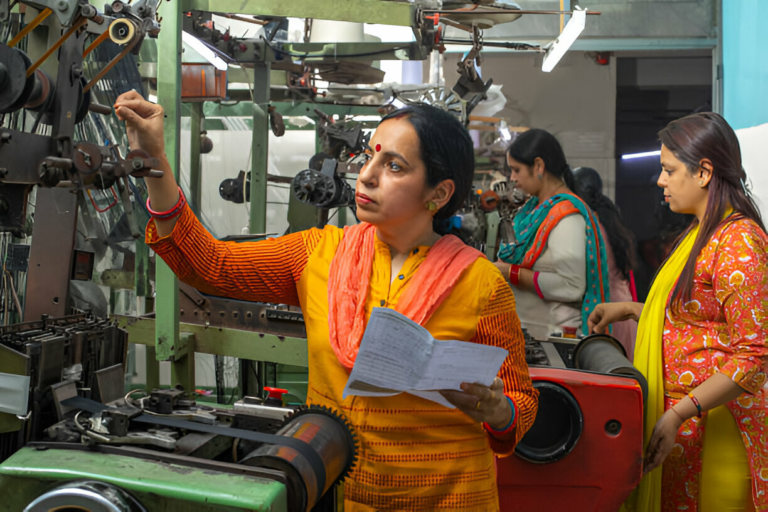In recent years, there’s been a significant shift in the way we shop. As the founder and CEO of Ergode, I have witnessed this transformation firsthand. Consumers are no longer just looking for the best deals or the trendiest items; they want to make purchases that align with their values. This trend, known as ethical consumerism, is reshaping the eCommerce landscape.

Understanding Ethical Consumerism
Ethical consumerism is all about making purchasing decisions that consider not just personal needs but also broader social, environmental, and economic impacts. It means opting for products that are sustainably sourced, cruelty-free, fair-trade, or produced by companies with good labor practices. In essence, it’s shopping with a conscience.
Think about it: the next time you’re buying coffee, you might choose a brand that sources its beans from farmers who are paid fairly. Or, when purchasing clothing, you might prefer a brand that uses organic cotton and ensures its workers are treated well. These choices, although seemingly small, contribute to a larger movement towards responsible consumption.

The Role of eCommerce in Ethical Consumerism
As more people embrace ethical consumerism, eCommerce businesses are stepping up to meet these demands. From large corporations to small startups, companies are increasingly focusing on transparency, sustainability, and ethical practices.
At Ergode, we’ve integrated these values into our operations. We ensure that the products we offer are sourced from ethical suppliers, and we prioritize partnerships with brands that share our commitment to sustainability. This not only helps us stay competitive but also aligns us with the values of our customers.

Practical Examples in Daily Life and the Business Perspective
Imagine you’re shopping for sneakers and have two options: one from a brand with labor issues and another from a company using recycled materials and fair wages. Choosing the latter supports ethical labor practices and sustainability. Similarly, opting for eco-friendly household cleaning products reduces harmful chemicals and plastic waste. Even when buying electronics, look for brands prioritizing reducing electronic waste and offering recycling programs. These small decisions create a significant positive impact. From a business perspective, embracing ethical eCommerce builds trust and loyalty. Consumers support companies reflecting their values, requiring transparency in practices, from sourcing to shipping. At Ergode, we’ve implemented a sustainability policy, working with suppliers to meet strict ethical standards, investing in eco-friendly packaging, and carbon offset programs. These initiatives help us attract conscientious consumers and stand out in a crowded marketplace.
The Future of Ethical eCommerce
Looking ahead, the rise of ethical eCommerce is likely to continue. Consumers are becoming more informed and more passionate about making responsible choices. This will push businesses to innovate and adopt more sustainable and ethical practices.
As CEOs, it’s our responsibility to lead this change. We need to embrace ethical practices not just because they are good for business, but because they are the right thing to do. By prioritizing transparency, sustainability, and fairness, we can create a better world for future generations.
Conclusion
Shopping with a conscience is more than a trend; it’s a movement towards a more sustainable and ethical world. As consumers, our choices have the power to drive significant change. And as business leaders, we have the opportunity to shape this future by embracing ethical practices in eCommerce. At Ergode, we are committed to this journey, and we invite you to join us in making a positive impact through mindful shopping.
Every purchase is a vote for the kind of world we want to live in. Let’s make each vote count.
Rupesh